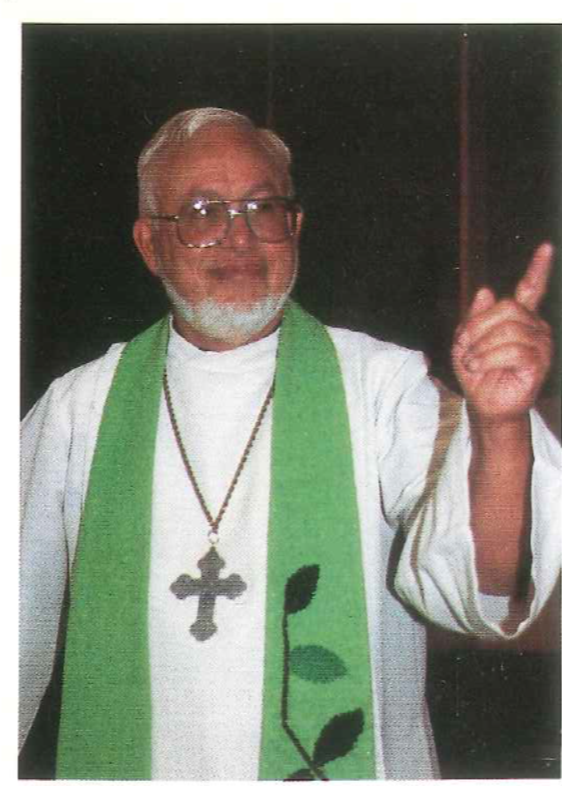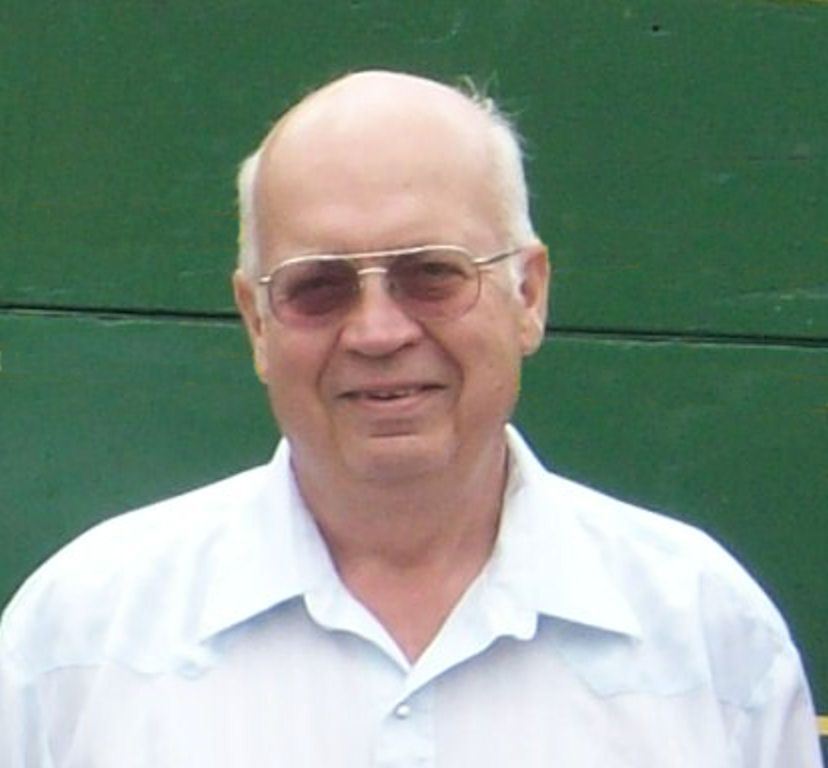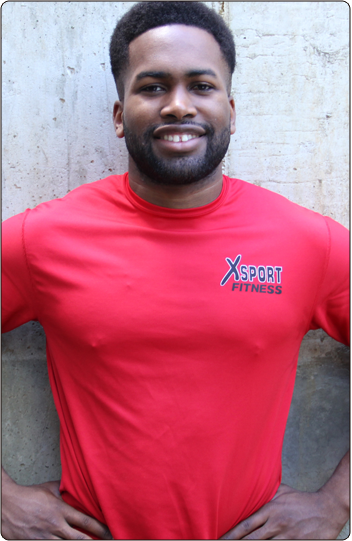GRATITUDE ON PARADE
#gratitudeonparade
Along with John Erickson, Maryanne Salcetti played a key role in my early journalistic development. As the co-editor with her husband of the weekly news, a regional newspaper in Iowa City, she took me on as a part-time cub reporter while I was still in graduate school. That gave me some valuable early experience in local news reporting, mostly about small town government in the area. But she also knew and could see I had larger ambitions, and she encouraged them.
Later, after she had moved on to become an instructor in journalism at John Carroll University in east suburban Cleveland, she remained supportive when Raising Less Corn and More Hell came out from University of Illinois Press, and at one point had me speak to her class. A few years later, after my second book, Deeper Shades of Green, was released by Sierra Club Books, she secured a lecture invitation for me at John Carroll, supported by a team of three female students whom she engaged for promotion of the visit.
Unfortunately, I have not heard from him and have not been able to locate information, but heard at one point that she was very ill. I do not appear to have any photos from back then, at least any that I can access. But that does not reduce her impact. She was a fierce advocate of journalism as a profession and helped instill that and high standards. I treasure the memory as a result.
Posted on Facebook 1/27/2019
GRATITUDE ON PARADE
#gratitudeonparade
One person who was remarkably influential in helping shape my perspective on the way through graduate school at the University of Iowa in the early 1980s was not even at the university, though he worked nearby. The Rev. Roy Wingate at Gloria Dei Lutheran Church in Iowa City, just blocks from the campus, provided a welcome mat for unorthodox, creative thinkers like me who needed to reestablish their relationship with the church. This was not new for him. In the late 1960s, he had at one point, when seeing students arrested for protesting the Vietnam War, insisted that he be arrested too in order to support their right to free speech.
When I heard that, I knew he was my kind of preacher. Having grown up in a more conservative, suburban Lutheran congregation in Cleveland, I was not sure where I fit into the Lutheran tradition until I met people in Iowa who felt that challenging war and injustice was a part of their faith. It’s not that I thought everyone had to agree, but that they at least should allow space for that perspective–which allowed space for me too. That was Roy’s approach. He was a Big Tent Lutheran. That allowed me to find a home at a crucial turning point in my life.
Unfortunately, not long after I had married my wife in Omaha and we decamped for my new job in Chicago, Roy Wingate had a huge retirement celebration at which he announced that doctors had given him a diagnosis of prostate cancer. A year and a half later, he died. Just a few years ago, after a fusion biopsy detected a minute amount of cancerous prostate tissue, I could feel some solidarity. But fortunately for me, subsequent biopsies have never found it again. I guess I’m luckier. But I still appreciate Roy’s role in helping me find a new place in the church that I had not perceived earlier. And we will meet again.

Posted on Facebook 1/30/2019
GRATITUDE ON PARADE
#gratitudeonparade
I do not have a photo at this distance in years, but I have discovered that Richard Wentworth is still in Illinois, though he retired as director of the University of Illinois Press in 2004. The path of a first-time book author into print is generally a challenging one, and I was busy making my way through this briar patch when Dick learned of my manuscript and agreed that it should find a home at the University of Illinois Press. Like books of most new authors, mine required some nurturing, but his editorial staff stuck with me until we saw a book into print and into reviews, including the New York Times, in the fall of 1988. They hosted me in Champaign at the beginning of a promotional tour that took me through Illinois, Missouri, Nebraska, and Iowa and taught me a great deal about relationships with broadcast and print media for a new author. Until you take this journey, you don’t’ know how valuable an ally a publisher can be. I trust he is enjoying his well-earned retirement.
Posted on Facebook 2/1/2019
Jim Schwab


